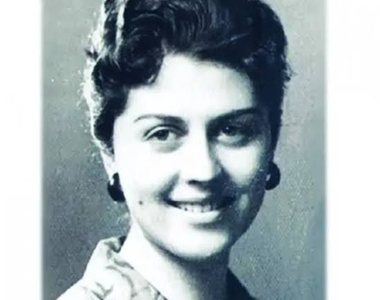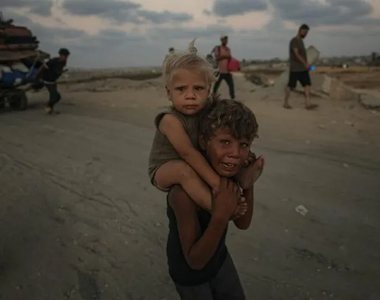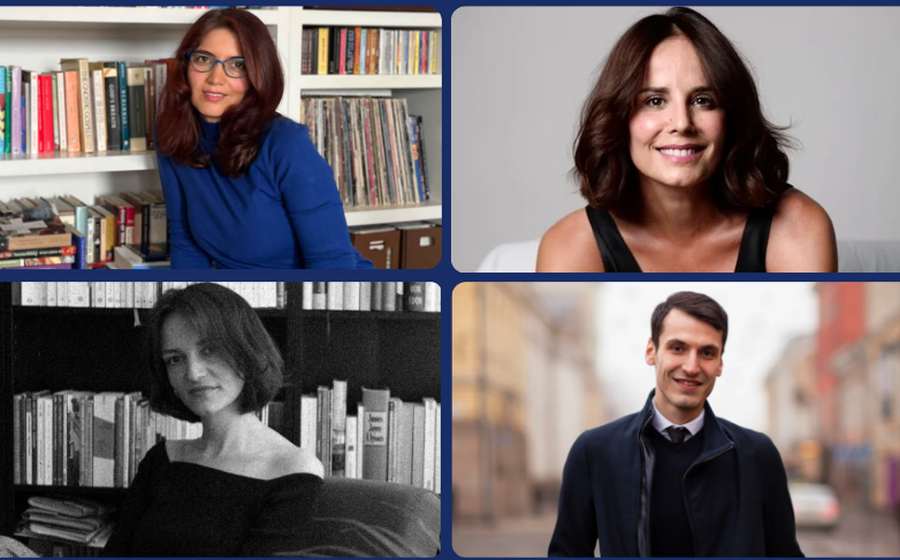
Okay, cinema is booming in Albania, productions are increasing, podcasts are growing, social media is more active than ever. But perhaps what we haven't noticed enough is that recently we've had a wave of good books by Albanian authors!
We're talking about complete, profound works with a well-established style. If you haven't yet felt that we're in some good days for contemporary literature - thanks to these Albanian authors - here's where to start, with these four names: Ledia Xhoga, Mira Kazhani, Jehona Kicaj and Pajtim Statovci.
Ledia Xhoga – "Misunderstanding"
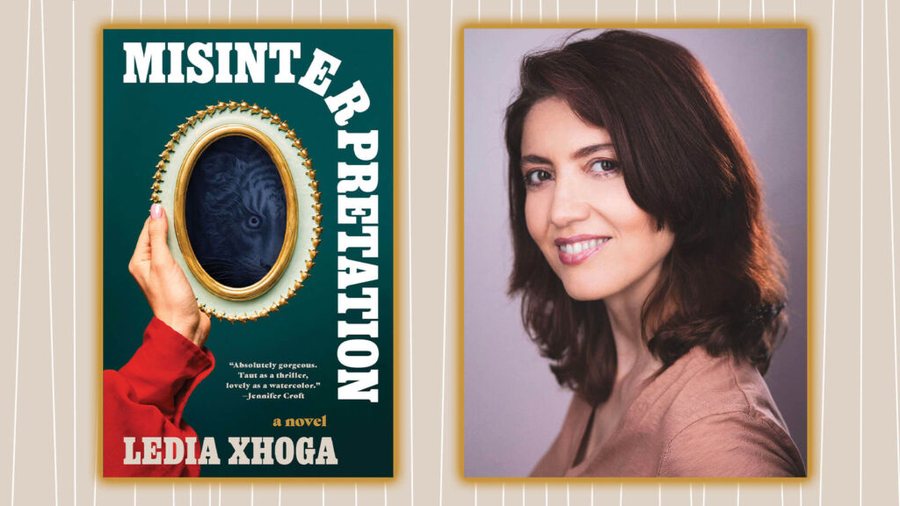
Ledia Xhogë's latest novel, "Misinterpretation", is not only a literary achievement, but also one of the most talked-about this fall. The book has been shortlisted for the 2025 Booker Prize, which is a historic moment for a writer of Albanian origin.
The novel follows the lives of a translator and an Albanian man who arrive in the US to build a new life, two characters separated by everything except a common misunderstanding that connects them. Themes such as identity, trauma, the lack of emotional and cultural translation, are treated with admirable delicacy.
Ledia Xhoga shows with "Misunderstanding" that she doesn't write to prove how much she knows. She writes to share a feeling that the reader doesn't easily forget. A book about the distance between people even when they are in front of each other.
Mira Kazhani – "Another Day"
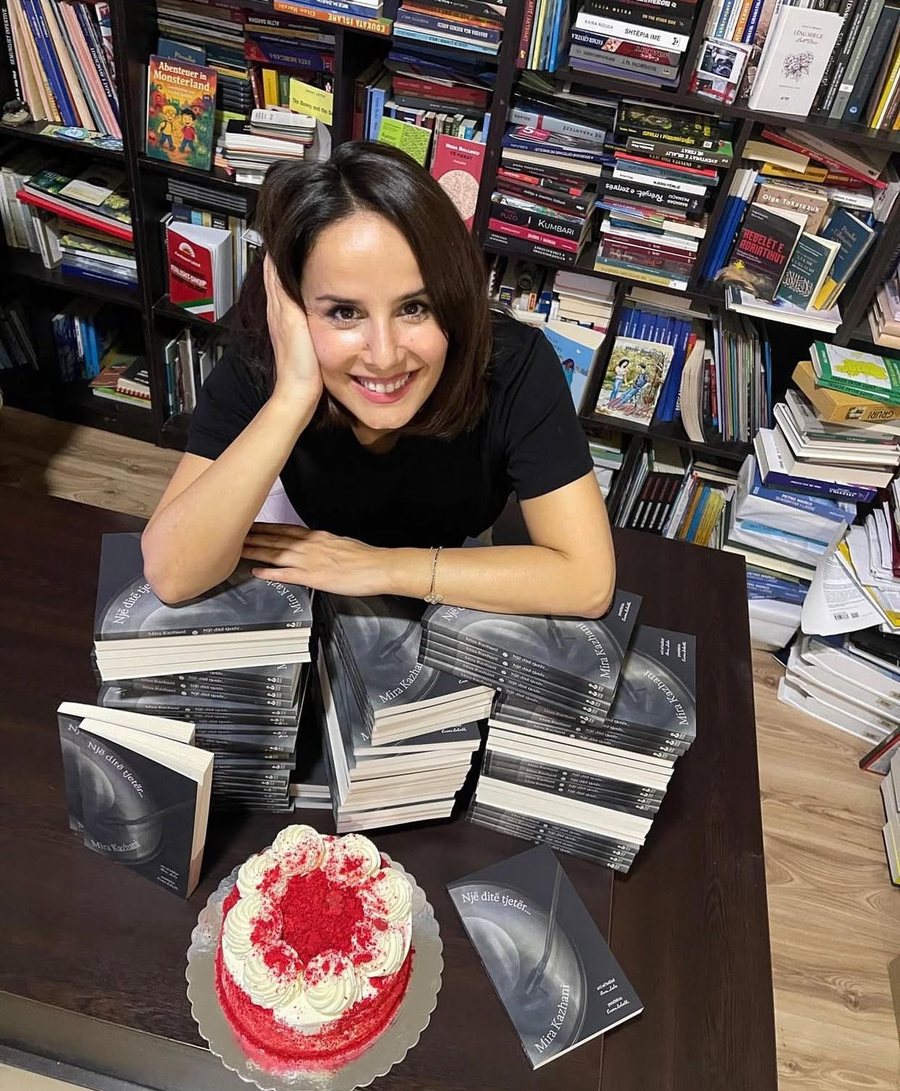
In a year filled with many tumultuous events, journalist Mira Kazhani chose to narrate a personal battle through a book. "Another Day" is a novel written with the sensitivity of experience, and you can feel it from the very first pages.
The book talks about the author's struggle with breast cancer, about caring and love between women, and about sensitivity in difficult times. It's not a book that "finishes quickly," it's a book that "keeps you there until you finish."
The language is clear, elegant, and sincere. It seems to have been written to give something, not to receive applause.
Jehona Kicaj – "ë"
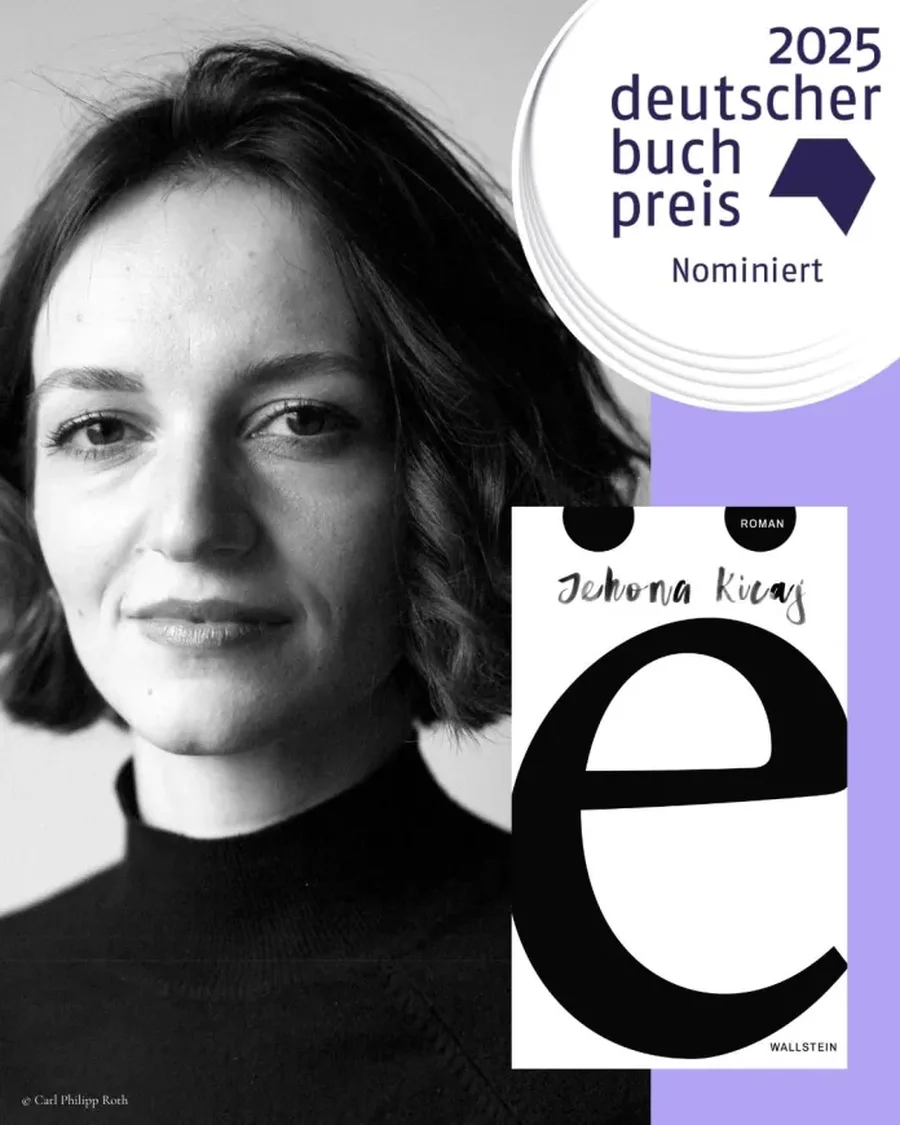
Jehona Kicaj is a special discovery of this season. Born in 1991 in Kosovo, raised in Germany, she debuts with the novel "ë", an unusual title that immediately becomes the emblem of the entire book.
“ë” is a novel about silence, about emigration, about the insecurity that comes with a language that is not yours. The heroine of the book is a girl who left Kosovo as a child and grows up in a Germany where nothing fully belongs to her, not language, not life, not herself.
The novel has been awarded the HANNA 2025 prize in Germany. The jury described the work as “a seventh sense that sees through trauma, through grammar, through everything that an unspoken word carries.”
Pajtim Statovci
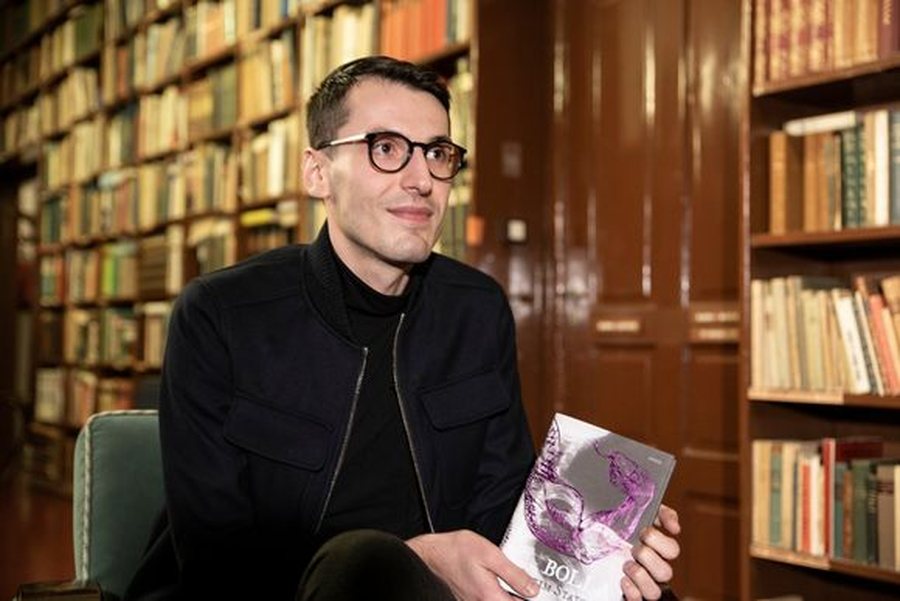
The last author does not have a "fall edition" like the authors above, but it cannot be left without mentioning. Pajtim Statovci was born in Kosovo in 1990 and grew up in Finland from the age of 2, where he has built an international career as a writer. He studied comparative literature at the University of Helsinki and screenwriting at Aalto University.
His first novel, "My Cat Yugoslavia," was translated into many languages ??and received widespread attention for the way it combined reality with magical elements. But it was "Bolla," his third novel, that won the prestigious Finlandia Prize, making him the youngest writer ever to win it.
"Bolla" is the story of an impossible love between two men during wartime in Kosovo, and the narrative combines emotion with horror, reality with myth.
Statovci's name was again listed on the literary lists for his latest novel "A Cow Gives Birth at Night", nominated and winner of the Finlandia Prize. His literature is crossing borders, geographical and linguistic, without losing the identity that makes it special.


